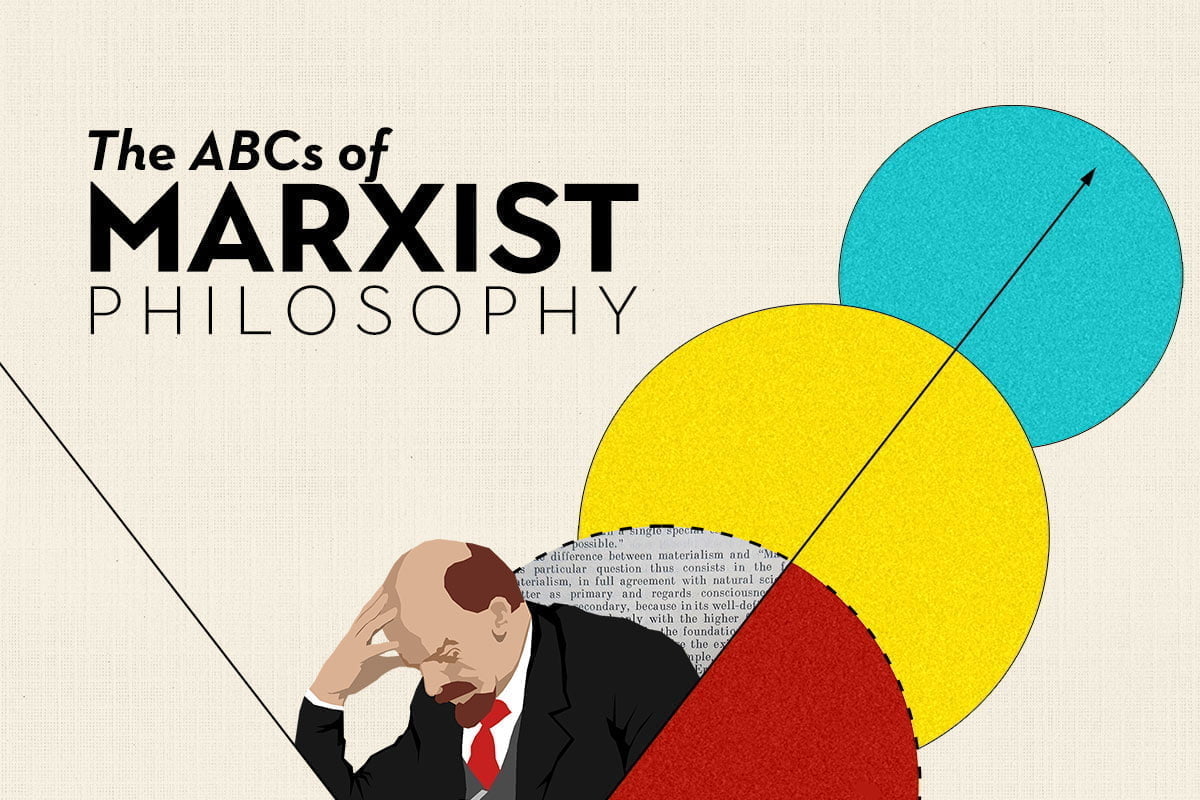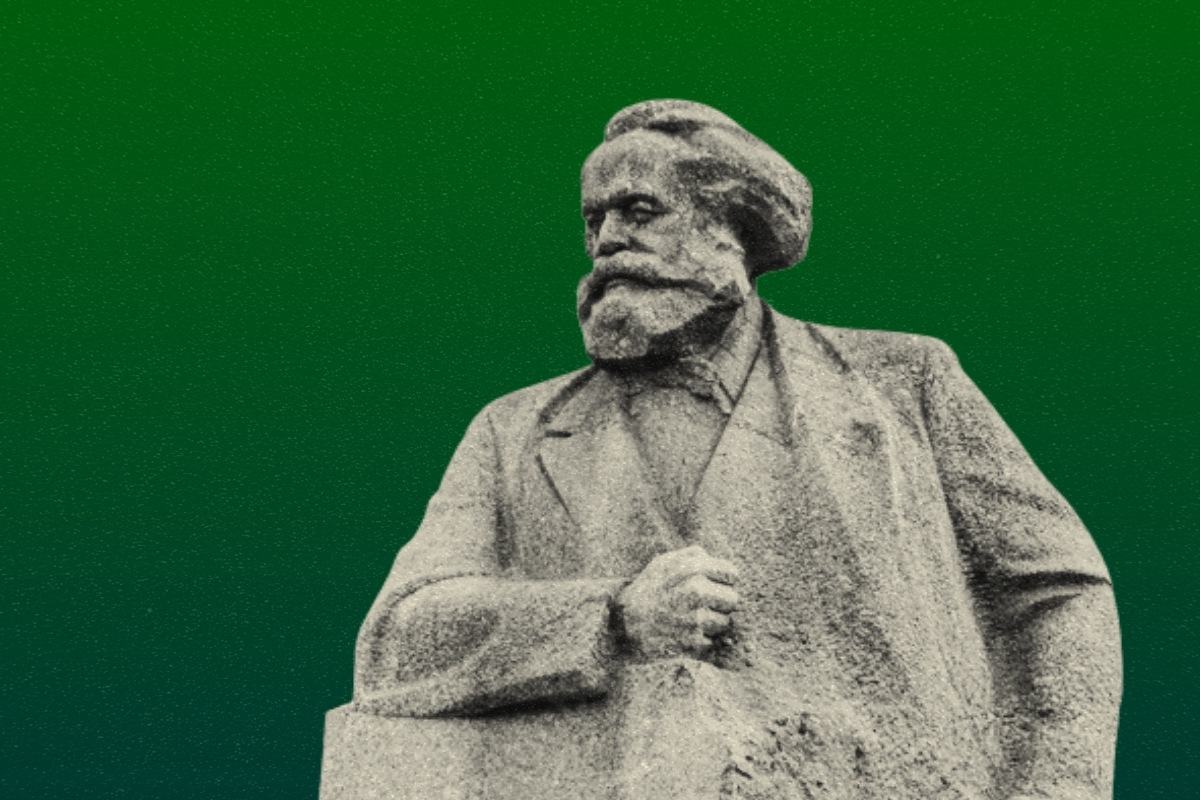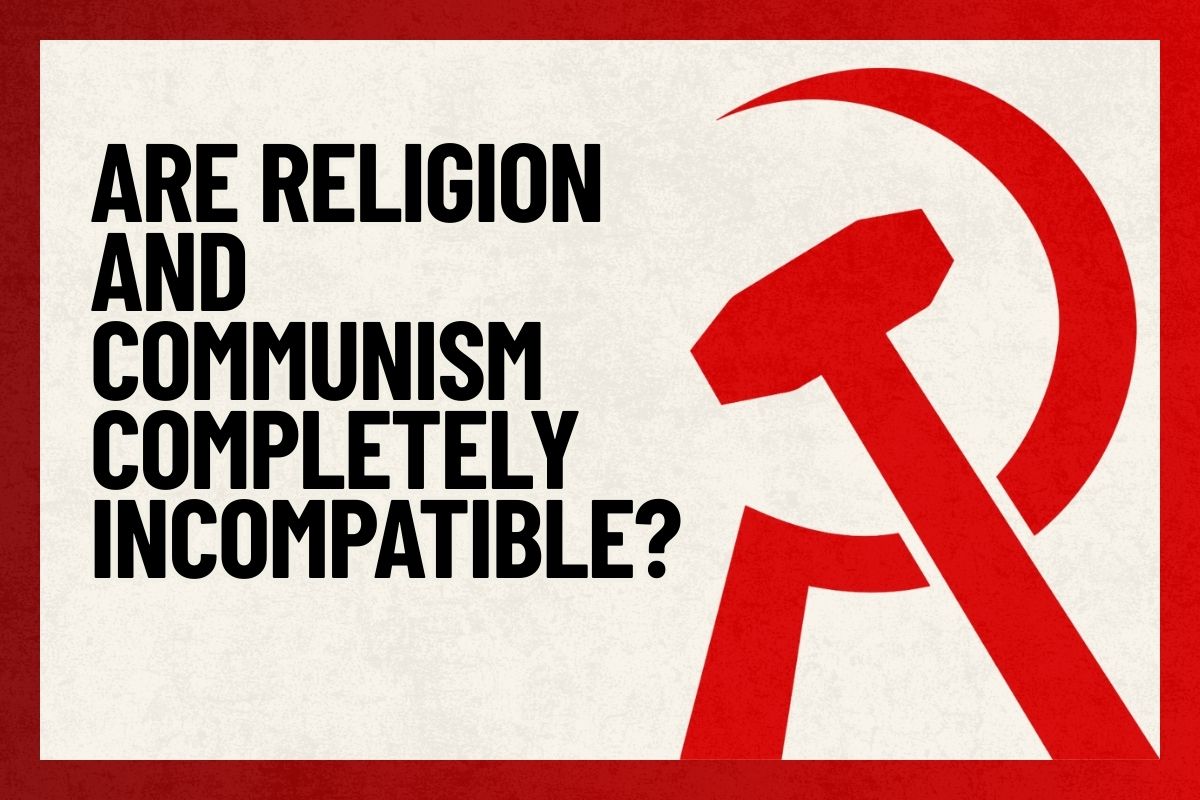Are you looking for ideas that can help you understand the world, in order to change it? Have you heard of dialectical materialism, but always found it rather vague or hard to get your head around? Would you like to know more about how Marxism relates to other philosophies and to science? Then The ABCs of Marxist philosophy series is for you.
In this nine-part series, Socialist Appeal writer Daniel Morley breaks down the philosophy of Marxism into different subjects – such as the relationship between quantity and quality, and part and whole.
Daniel also sheds light on important questions like where morality comes from, and explains why Marxism is a materialist philosophy.
Providing quotations from Marx, Engels, Hegel, and others, this series leaves no stone unturned.
Marxist theory is our most important weapon in the class struggle. Far from being a dry, academic pursuit, for Marxists, theory is a guide to action.
It is the duty of every revolutionary to carefully study the method of Marxism, the basis of which is the philosophy of dialectical materialism.
This series provides a helpful starting point for such a study.
And for those wanting to learn more, Alan Woods’ upcoming book The History of Philosophy: A Marxist Perspective is available to pre-order from Wellred Books for a special price of £10.
Part 1: What is Materialism?
There are many ways to categorise a philosophy, but at the most fundamental level, all philosophies fall into one of two camps: idealism and materialism. Marxist philosophy is fundamentally materialist; that is to say, it believes the material universe is the only universe, and that mind is a product of it.
Part 2: How can we know anything?
The question of idealism versus materialism most frequently expresses itself in the question of knowledge. Do we know anything for certain? And if so, how? And why has this question stubbornly persisted throughout the history of philosophy?
Part 3: What is human nature?
Are humans greedy or selfish? Do we have a soul or an essence? Is there an ideal way that we should aspire to live? And how does this relate to the question of knowledge and thought?
Part 4: Formal logic
Logic is usually seen as a dry, boring discipline, suitable only for pedants. This is because it is traditionally seen as having no relation to the real world of objects, and is instead a self-contained system describing rules of thought.
Marxism completely rejects this formalism and seeks to find the basis for our logic in this real world – a world that is full of dynamism and development; change and contradictions.
Part 5: Dialectical logic – Quantity and quality
Marxist logic is dialectical, not formal. That means that our starting point is change and contradiction. But when we look at nature and society, we see that periods of change are interspersed with periods of stasis. How can we make sense of this, and understand the phenomena we encounter in the world around us?
Part 6: Dialectical logic – Contradiction and opposition
If we want to understand how things change, we must understand things as self-moving, rather than seeing all change as a result of external forces. But where does the movement of matter come from? How and why does development take place in nature?
Part 7: Dialectical logic – Part and whole
Thought is inherently about generalisation and universals. It takes us beyond the immediacy of the here and now, linking things and their characteristics together to develop useful categories.
This contradiction – between part and whole; individual and type – is at the heart of philosophy’s deepest problems. The need to grasp reality as a complex whole, instead of as atomised, self-contained parts, is likewise one of the deepest problems for science.
Part 8: Dialectical logic – Necessity and chance
What is causation? Is the universe determined and predictable? And where does that leave humanity and society, with our notions of free will and moral responsibility? And where does that leave us, as revolutionaries, in terms of our role within history?
Part 9: Morality and class society
Is there such a thing as good and evil? If so, who decides, and why? Why is there so much suffering and cruelty in our society? And, most importantly, how can we end this?






